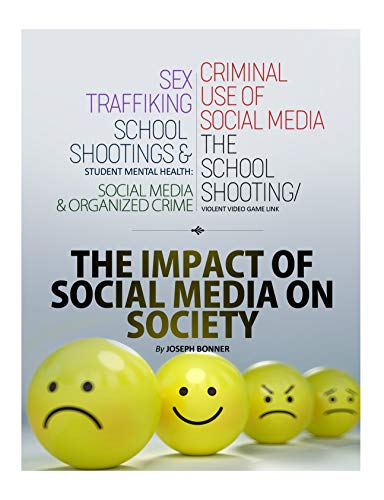
social media’s impact on society
04-08-2022
By Admin
social media’s impact on society
social media’s impact on society
- social media’s impact on society
- It is increasingly becoming an important topic across different fields of study. Social media platforms which were initially thought of as a way to connect with people across the globe also inadvertently became a source of news sharing. With technological advancements, social networking sites eventually became news sharing platforms, which to a large extent is being produced by individuals themselves. This also creates multiple narratives making their role pretty much evident in the flow of information. It, therefore, enables different social actors to influence and build opinions on important issues. This dissemination of information at such a large scale becomes a problem if it is fake or doctored. With so much anonymity, easy access and no watchdogs, this information becomes riskier and all the more problematic because it tends to set narratives that might be one-sided. Social media then becomes a tool (which is cost-efficient and can reach multiple and targeted audiences) in the hands of different social actors. The online platforms provide an alternative to the dominant socio-political setups.
- The following reading list tries to look at important aspects of the interaction between social media and society.
- the recent case of using pictures of women for a fake auction online has brought people’s attention to the fact that the IT Act of 2000 does not have many provisions to ensure cybersafety and curb cyber-violence that is highly misogynistic and targets very specific groups of people. Most of those accused in the Bulli Bai app case are booked under certain sections of the IPC, however, all such crimes come under the one and only section 67 which mentions punishment in the case of publishing or transmitting obscene material in electronic form.
- Social media is not just a platform that creates opportunities for novel political discourse, but it also has the power of transference of misinformation from the virtual to the “real” world. While social media can create a space for those voices that are otherwise suppressed, it can also give the power of anonymity which can be a boon as well as a bain. It is often seen that the space of social media becomes a mediator just like a game of chinese whispers, where one message gets construed into a very different one, with the increase in exchange.
- The other side to the violence on social media, takes place when certain groups of people use the digital space to polarise certain issues and misuse social media for propaganda purposes. In a manner that marginalises certain groups of people in the same way as it does in the real world.
- These issues beg the questions of where we draw the line between the actual and virtual, and how social media gives us hope to reform traditional political discourse, and yet at many levels merely replicates it. We need to reflect on bridging the extremes between free rein of social media and surveillance. The problem surfaces when belligerent confrontation gets polarised and the always already marginalised other gets further ambushed. Thus, it’s important to pick on the symptoms of our time and reflect on the power of social media and how cleverly certain stakeholders of social media are puppeting public reason in our times.
